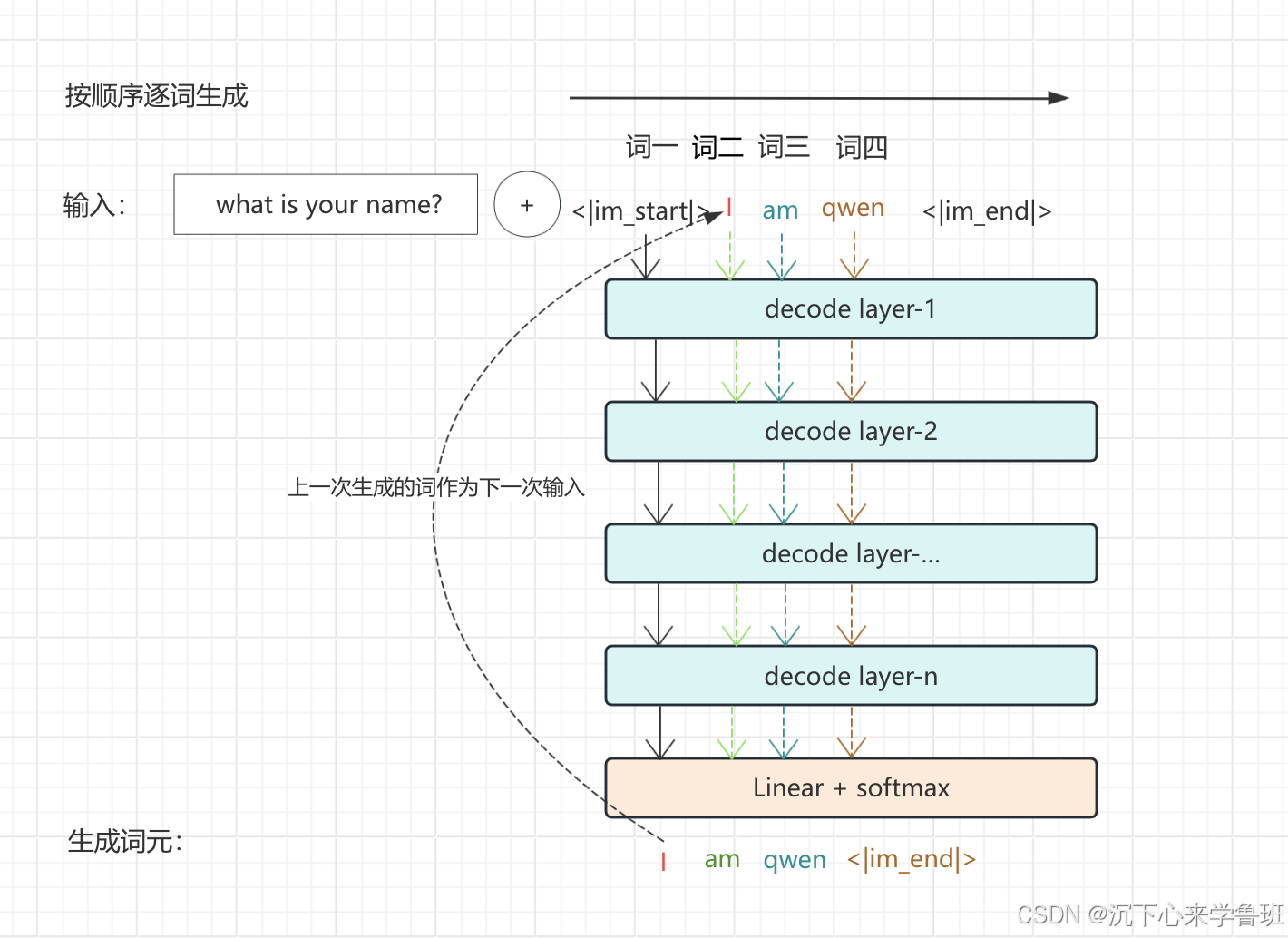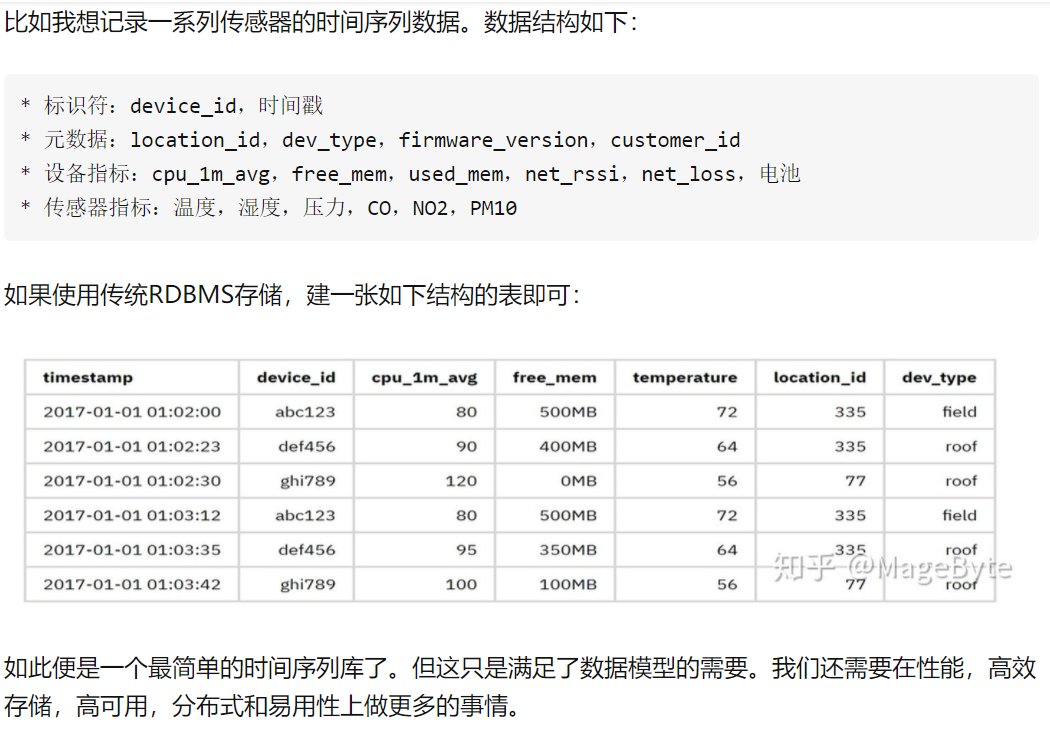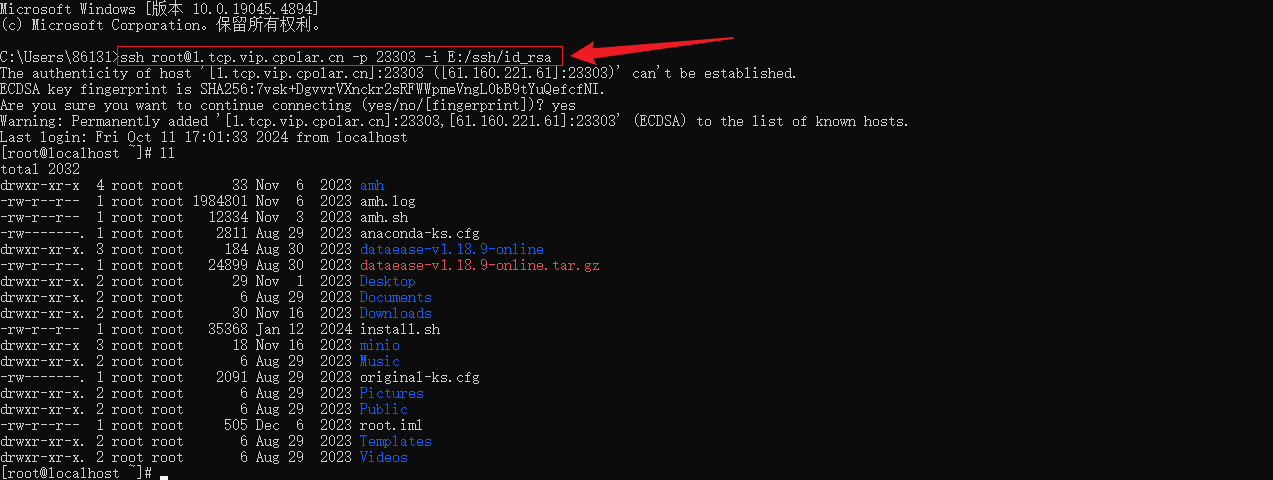比较 Python、Delphi 和 C++ 在文件处理上的速度,可以分为以下几个方面进行测试和分析:文件读写速度:指的是在这三种语言中执行相同的文件读写操作所花费的时间。文件大小影响:不同语言对小文件和大文件的处理是否有显著不同。并发性和多线程:如果需要多线程读写,语言的内置支持和性能如何。

1、问题背景
在不同的编程语言中,从一个位置复制文件到另一个位置的速度是否会有差别?这个问题经常困扰着开发人员。有人认为,所有编程语言都使用相同的或类似的 Windows API 调用,因此性能差异不大。也有人认为,不同的编程语言在文件复制方面有不同的实现方式,从而导致速度差异。
2、解决方案
为了准确地回答这个问题,我们进行了一系列测试,分别使用 Python、Delphi 和 C++ 编写了文件复制程序,并在相同条件下对它们进行了比较。测试结果表明,不同编程语言在文件复制方面的速度确实存在差异。
在我们的测试中,Python 的文件复制速度最慢,而 C++ 的文件复制速度最快。Delphi 的文件复制速度介于两者之间。具体来说,在复制一个 100MB 的文件时,Python 的复制时间约为 5 秒,Delphi 的复制时间约为 3 秒,而 C++ 的复制时间仅为 1 秒。
造成这种差异的原因是,Python 的 shutil 模块不使用 Windows API,而是使用了一个 open/read/write 循环来复制文件。这种方式在性能上不如使用 CopyFile(Ex) 函数。Delphi 和 C++ 都使用了 CopyFile(Ex) 函数,因此它们的复制速度更快。
下面是一个使用 Python shutil 模块复制文件的代码示例:
import shutil
shutil.copyfile('source_file.txt', 'destination_file.txt')
下面是一个使用 Delphi WinAPI 复制文件的代码示例:
procedure CopyFile(const SourceFileName, DestinationFileName: string);
var
hFileSource: THandle;
hFileDest: THandle;
BytesRead, BytesWritten: Cardinal;
Buffer: array[0..1023] of Byte;
begin
hFileSource := CreateFile(PChar(SourceFileName), GENERIC_READ, FILE_SHARE_READ, nil,
OPEN_EXISTING, FILE_ATTRIBUTE_NORMAL, 0);
if hFileSource = INVALID_HANDLE_VALUE then
raise Exception.Create('Error opening source file');
hFileDest := CreateFile(PChar(DestinationFileName), GENERIC_WRITE, 0, nil,
CREATE_ALWAYS, FILE_ATTRIBUTE_NORMAL, 0);
if hFileDest = INVALID_HANDLE_VALUE then
raise Exception.Create('Error opening destination file');
try
repeat
ReadFile(hFileSource, Buffer, SizeOf(Buffer), BytesRead, nil);
if BytesRead = 0 then
break;
WriteFile(hFileDest, Buffer, BytesRead, BytesWritten, nil);
if BytesWritten <> BytesRead then
raise Exception.Create('Error writing to destination file');
until BytesRead = 0;
finally
CloseHandle(hFileSource);
CloseHandle(hFileDest);
end;
end;
下面是一个使用 C++ WinAPI 复制文件的代码示例:
#include <Windows.h>
void CopyFile(const wchar_t* sourceFileName, const wchar_t* destinationFileName)
{
HANDLE hFileSource = CreateFileW(sourceFileName, GENERIC_READ, FILE_SHARE_READ, NULL,
OPEN_EXISTING, FILE_ATTRIBUTE_NORMAL, NULL);
if (hFileSource == INVALID_HANDLE_VALUE)
throw std::runtime_error("Error opening source file");
HANDLE hFileDest = CreateFileW(destinationFileName, GENERIC_WRITE, 0, NULL,
CREATE_ALWAYS, FILE_ATTRIBUTE_NORMAL, NULL);
if (hFileDest == INVALID_HANDLE_VALUE)
throw std::runtime_error("Error opening destination file");
try
{
DWORD bytesRead, bytesWritten;
BYTE buffer[1024];
do
{
ReadFile(hFileSource, buffer, sizeof(buffer), &bytesRead, NULL);
if (bytesRead == 0)
break;
WriteFile(hFileDest, buffer, bytesRead, &bytesWritten, NULL);
if (bytesWritten != bytesRead)
throw std::runtime_error("Error writing to destination file");
} while (bytesRead > 0);
}
finally
{
CloseHandle(hFileSource);
CloseHandle(hFileDest);
}
}
通过比较这些代码示例,我们可以看出,不同编程语言在文件复制方面的实现方式确实存在差异。Python 的 shutil 模块使用了一个 open/read/write 循环来复制文件,而 Delphi 和 C++ 都使用了 CopyFile(Ex) 函数。因此,Delphi 和 C++ 的文件复制速度更快。
如果需要很高的文件读写速度,C++ 是最佳选择。Delphi 也能提供较高的性能,并在某些应用中表现优异。Python 的易用性较高,适合开发速度优先于性能的场景。






![CSP/信奥赛C++刷题训练:经典例题 - 栈(2):洛谷P1981 :[NOIP2013 普及组] 表达式求值](https://i-blog.csdnimg.cn/direct/f89c03d1fa7140cd87a41e8cead94e91.png#pic_center)










![[ Linux 命令基础 7 ] Linux 命令详解-磁盘管理相关命令](https://i-blog.csdnimg.cn/direct/7d6662bba48d47388d63ee52225e8016.png)

